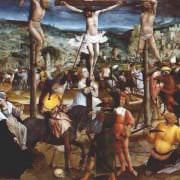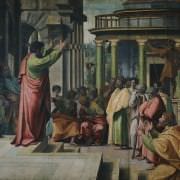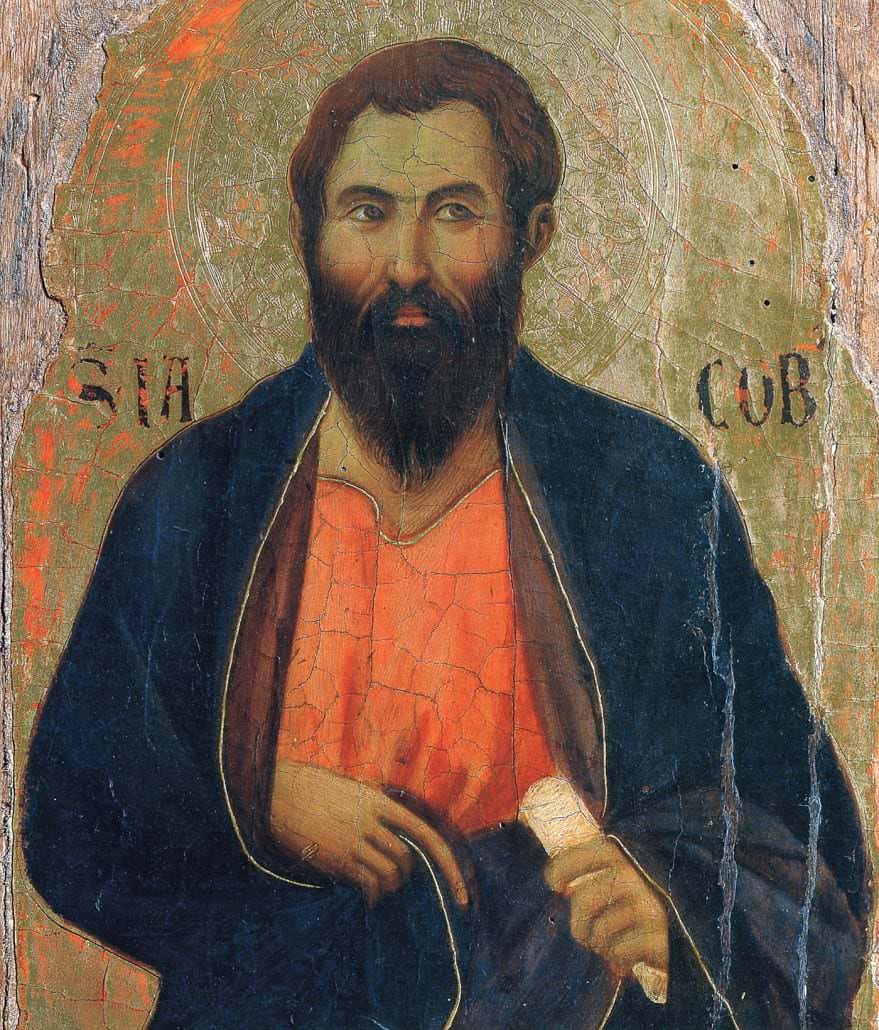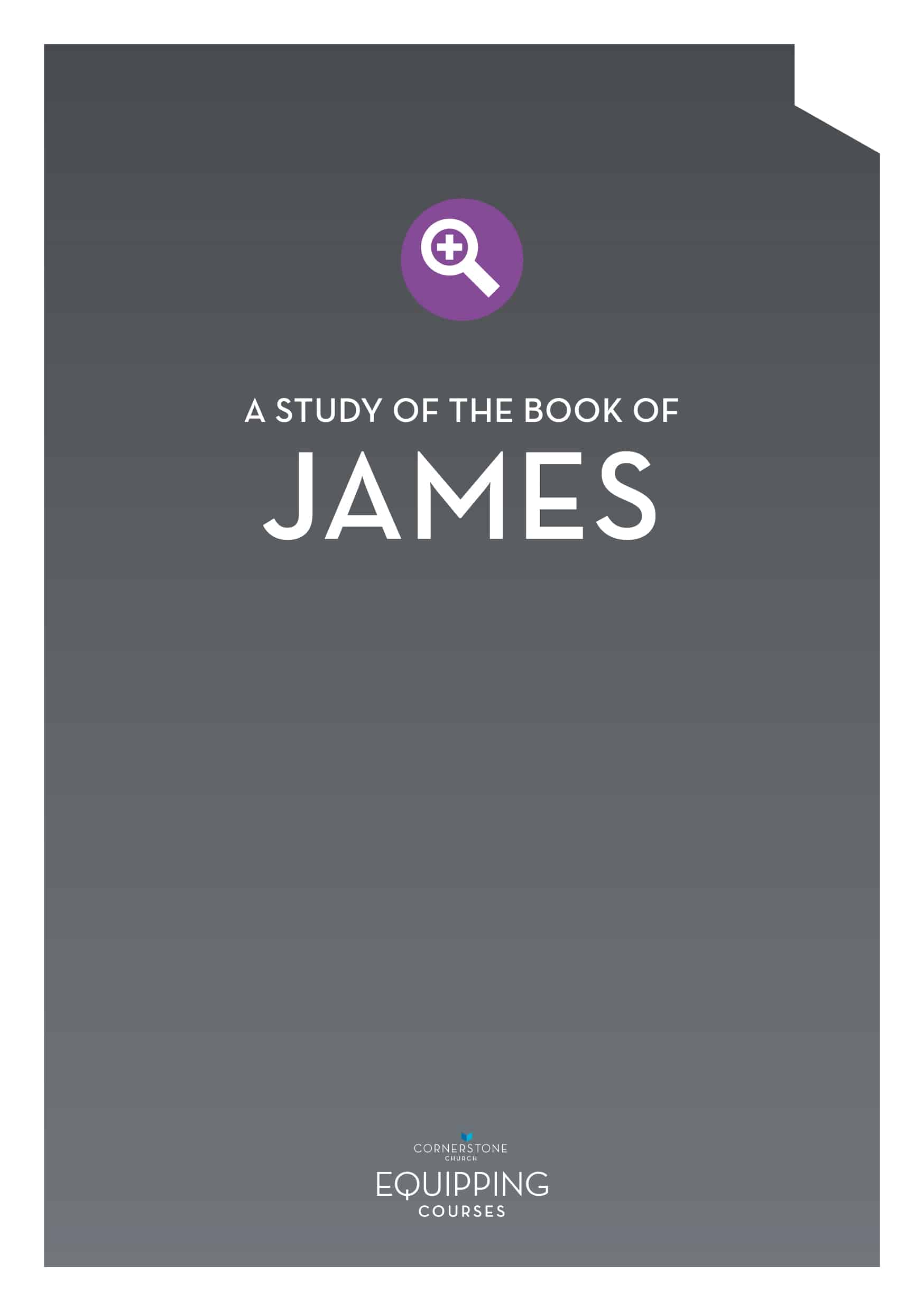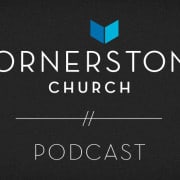The book of Romans
There are 366-recorded sermons by 20th Century preacher Dr. Martyn Lloyd-Jones on Romans, and four of them are on Romans 1:1 alone. And to think he never finished preaching the whole book! He believed that God stopped him at Romans 14:17 because he didn’t know enough about ‘joy in the Holy Spirit’.
We are going to read through Romans in just five days! But we’ll be better off for it. Anyone who reads Paul’s letter to the Christians in Rome will be better off reading it! Paul’s letter is nothing less than magisterial. Many scholars have spent their lives studying Romans’ complexity on the one hand, and we will benefit in five days on the other.
The Holy Spirit obviously inspired this writing. Martin Luther began preaching on Romans in 1516 and claims understanding Romans 1:17 to be his ‘tower experience’. Romans 1:17 changed Christendom forever and since 1516, ‘justification by faith alone’ has been preached in Protestant churches in the entire world.
Romans is the longest letter we have from the ancient world at just over 7,000 words. With regards to background understanding, there is little on which most authors agree. We don’t really know why Paul wrote it, who founded the Roman church, what the state of the church was, if the church was mostly Jewish or Gentile Christian in make-up. What we do know is that there were specific issues in Rome socially and in the church specifically that Paul was addressing. The letter makes this evident.
Out of 15 Emperors of Rome, 14 were practising homosexuals, which must have pervaded society. Cultures of tax evasion, violence and crime, and disobedient children are all problems Paul addresses in the letter. In the church Emperor Claudius expelled every Jew he could find from Rome and they only returned in A.D 54, so we can safely assume that Jews were now returning to what had been a solely Gentile church for years. Jews and Gentiles in the same church posed many questions and problems in early church. Paul’s letter is his treatment of these troubles and probably more.
Romans is written very logically, with Paul following carefully his treatment of the problems. He begins by telling them in Rome that Jews and Gentiles are equal sinners before God. He then tells them how Gentiles and Jews can only be saved by God’s righteousness being given to them. Paul then deals with how Jews and Gentiles have problems relating to God with either legalism (self-righteousness) or licentiousness. Romans 8 tells them that the new way is in the liberty of the Spirit for Jew and Gentile. Paul’s mind moves to the Jews in Romans 9-11, explaining God’s dealings and plans for them. The rest of the letter is taken up with Jewish-Gentile-Roman tensions and solutions.
A quick definition of some of the ‘technical’ terms Paul uses in the letter will help you feel more at home in the concepts and thought flow.
Law – refers to the whole Mosaic legislation given to Israel by Moses.
Righteousness – refers to being just or proper or perfectly upright in word and deed. God is righteous. Paul’s message in Romans is that God’s righteousness can be ours if we put our faith in the Lord Jesus.
Faith – belief or confident trust.
Justification – a Roman legal word meaning ‘declared to be not guilty of any crime for which you were accused’. Believers are ‘declared not guilty of sin’ when they put their faith in Jesus. This means that we have been justified.
Propitiation / atoning sacrifice – a sacrifice that turns away the anger of an offended party. In this case the offended party is God and the sacrifice is Jesus, who turns away God’s anger at sin.
Sanctification – The work of God in bringing a person to live as God would want them to live.
Glorification – the final process of salvation when a believer is set free from sin and their earthly body altogether.
As with all our reading, remember these important questions to understanding the text: what was going on? What was being said and why? What was the writer teaching then? What does it mean? And only when you know all of this – what does it mean for me and us?
Pic: Jan Provost, Crucifixion

